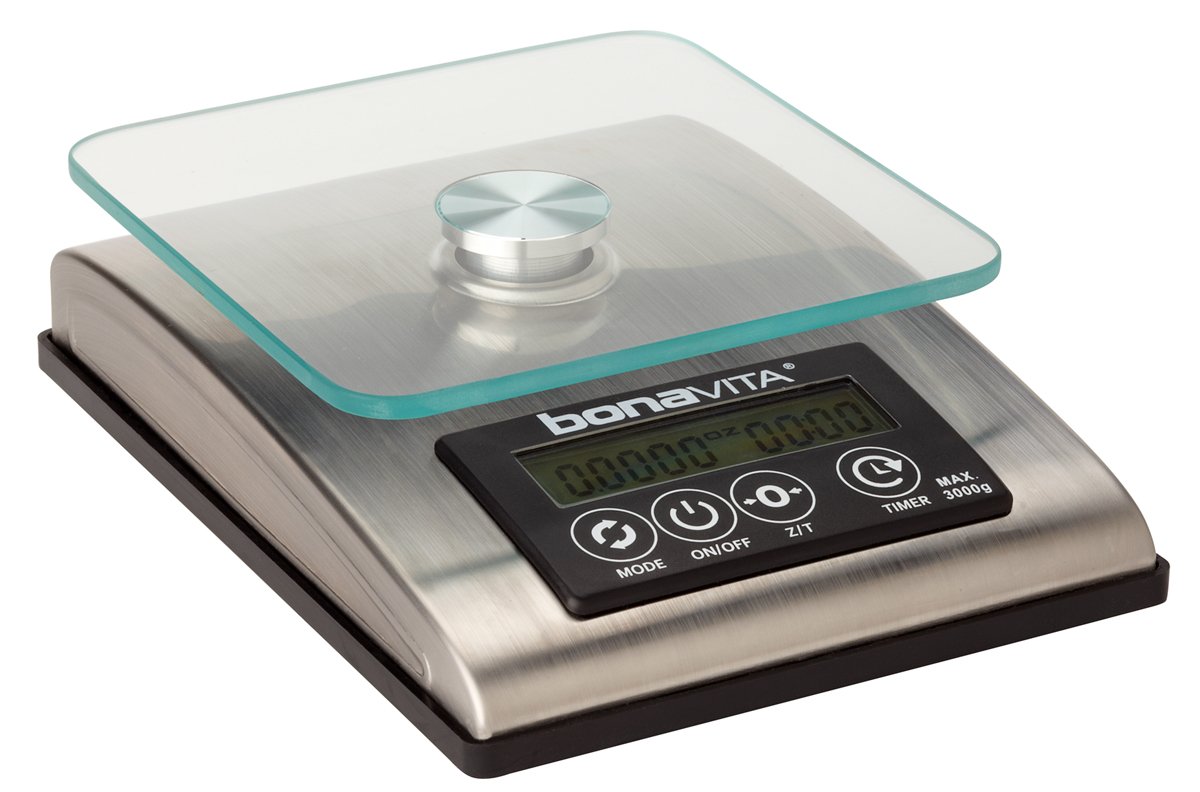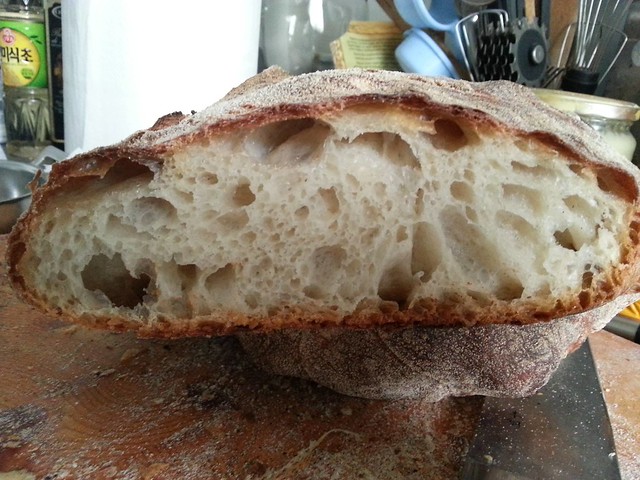Hi All,
New to the forum. I'll be making a post about Forgies soon, but in the meantime I thought I'd start a bread thread.
I am a long-time bread maker. I kept an active sourdough for several years (following a build technique from LaBrea bread guru Nancy Silverton) and now I mostly make fresh, using a poolish that I build for a day. The sourdough still waits in the freezer for another activation.
This is the basic recipe I use: http://allrecipes.com/recipe/pain-de-campagne---country-french-bread/
Does anybody else make bread?
New to the forum. I'll be making a post about Forgies soon, but in the meantime I thought I'd start a bread thread.
I am a long-time bread maker. I kept an active sourdough for several years (following a build technique from LaBrea bread guru Nancy Silverton) and now I mostly make fresh, using a poolish that I build for a day. The sourdough still waits in the freezer for another activation.
This is the basic recipe I use: http://allrecipes.com/recipe/pain-de-campagne---country-french-bread/
Does anybody else make bread?







